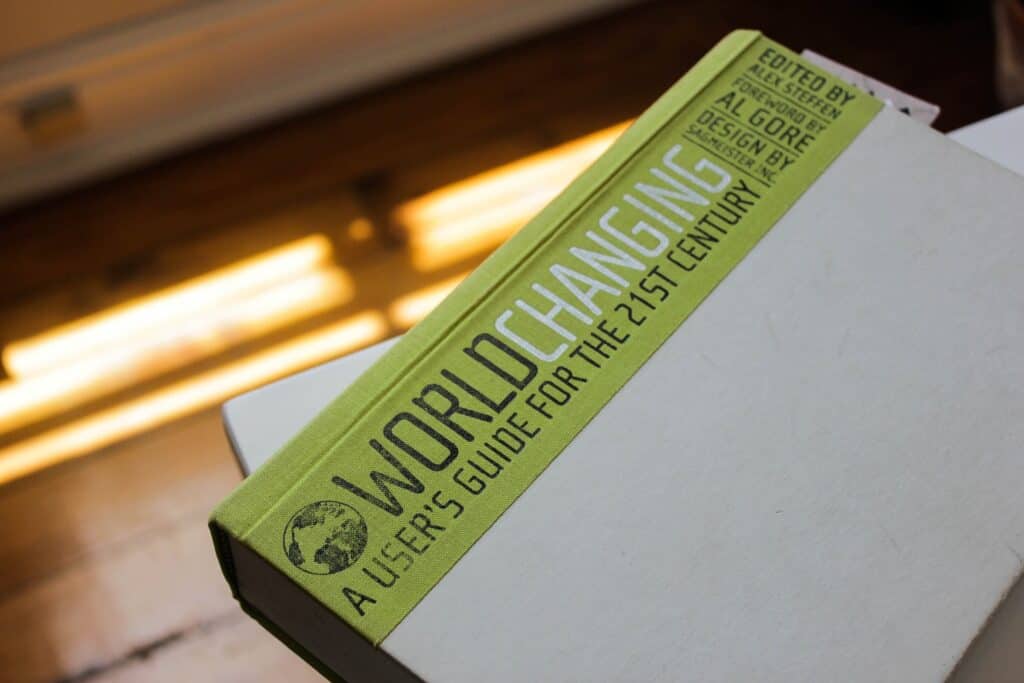
Let me start by saying, I’m not suggesting that life was any easier in the past. Technology has vastly improved living conditions and longevity. But, it occurs to me that there are aspects of 21st century life which aren’t conducive to what we need for our mental health. We seem to be in surviving mode; rather than thriving. Accepting the bare minimum as what we should expect or aim for. Rather than seeking more for ourselves. Life nowadays requires us to be resilient 24/y. Rather than resilience reserved for the difficult moments in life. Many of us are living on high alert mode, bombarded by stresses. So, what has changed?
Modern Life Madness
- Sedentary. Most of us are stationary for the majority of the day. We don’t move around like we used to. Labour isn’t labour-intensive in the same way. We’ve moved away from manual in many professions. Spending our days at desks or on the sofa.
- Family Units. Historically we lived in larger family units. Whether self-made or biological. These units offered literal help with finding food and childcare. But the emotional support and connection helped us thrive too.
- Sleep. Ever noticed increasing exhaustion in the winter months when it gets dark early? Aware of the impact of using screens before bed. Light triggers melatonin which wakes us, it’s why light alarm clocks are helpful for a more ‘natural’ waking experience. On the flip side, we don’t tend to sleep on a natural cycle following our circadian rhythms. Light filters and alarm clocks ‘hack’ the natural.
- Mindful. There are arguably more opportunities to be mindful historically. Without the distraction of screens, people could spend time [if they had it] on more creative or outdoor pursuits. All good for our mental health.
- Stress. Whilst the stakes were arguably higher in the past. They were theoretically less common. Meanwhile, in modern life, the stresses are everywhere. Whilst usually non-life threatening, our bodies can’t tell the difference leaving us living in fight/flight mode long term.
Of course, the list above is neither complete and also hugely dependent on the century and social class one belonged too. Many members of the lower classes didn’t have time for creative pursuits. And worked ridiculously long, punitive and dangerous hours. It’s impossible to compare the lives of early man, to the Middle Ages, post-Industrial Revolution to 21st life. And everything in between. But considering the broad brushstrokes. We’ve demonstrably moved away from a more natural and instinctive form of living. At what cost to our mental health?
What do you think is the impact of modern life on our mental health? What differences may we have experienced in the past? As always, let us know below.

Modern life is expensive, busy and stressful! I can see why it wouldn’t be good for mental health.
Corinne x